The right-wing attacks on racial justice teaching have become more shrill, more frightening.
The right accuses us of “political indoctrination,” but they are the ones who seek to indoctrinate with a white-washed, textbook-only narrative.
What the right wing seeks to block are student experiences like the ones illustrated in three teaching stories we received this month.
Judge for yourself: “indoctrination” or an exploration of U.S. history that helps students think for themselves and shape a more just future?
African Americans During WWII
High school history teacher Amanda Sandoval was one of hundreds of educators who received copies of Half American: The Epic Story of African Americans Fighting World War II at Home and Abroad from the author Matthew Delmont and the Zinn Education Project.
Delmont’s book asks readers to rethink what they know about the war by centering Black protagonists. He writes, “Nearly everything about the war — the start and end dates, geography, vital military roles, the home front, and international implications — looks different when viewed from the African American perspective.”
Sandoval had her students create blackout poems with the books’ introduction, making evident the power of the text.
Amanda Sandoval shared the slide instructions for the blackout poetry that she used for this activity.
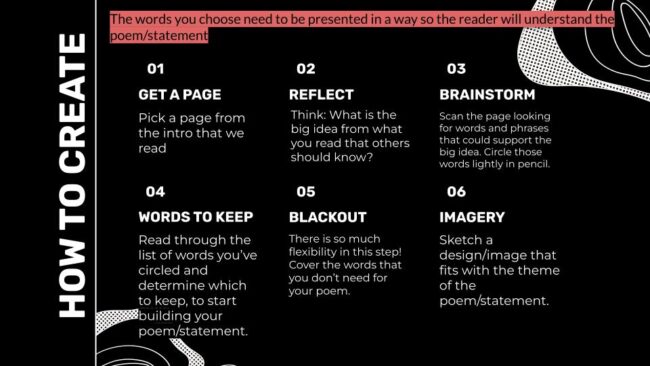
Students Create People’s History Site Commemorations
In lieu of a traditional midterm exam for one of my U.S. History I classes, I had students complete the Zinn Education Project activity “How We Remember” based on Clint Smith’s How the Word Is Passed. Here is one of their projects:
The students assigned Angola created a script for a guided tour. They included images and provided visuals to go along with the script. The brutal facts of Angola as a plantation and as a prison were presented. In the end, “visitors” were encouraged to sign a petition to close Angola. The plan was to make it a museum that focuses on the history of Black Americans’ struggles both during and after enslavement.
All the commemorations were thoughtful and the students did an incredible job, doing justice to the history at those locations. — Allyson Saladino, High School Social Studies Teacher, Ridgewood, New Jersey
People’s History Lesson to Accompany Kindred
This year, my 11th-grade English class is reading Kindred by Octavia E. Butler. The book immerses the reader in the terrors of the Antebellum South. But it doesn’t wallow in violence and fear. Butler offered readers visions of education and resistance.
As I worked through the novel with my students, I knew it was important to highlight the power and possibility envisioned by those enslaved and to not only focus on the pain and the trauma. The “Poetry of Defiance: How the Enslaved Resisted” lesson by Adam Sanchez was the perfect vehicle. — Nick DePascal, High School English Teacher, Albuquerque, New Mexico

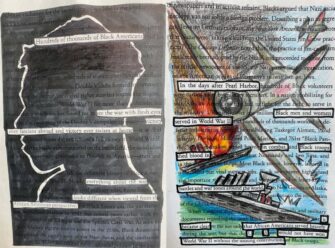
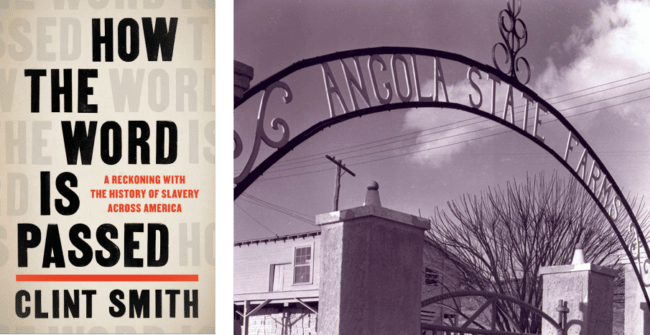
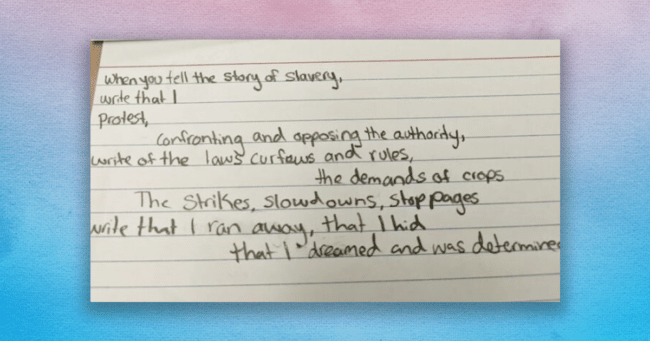
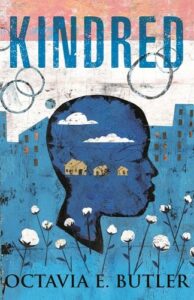
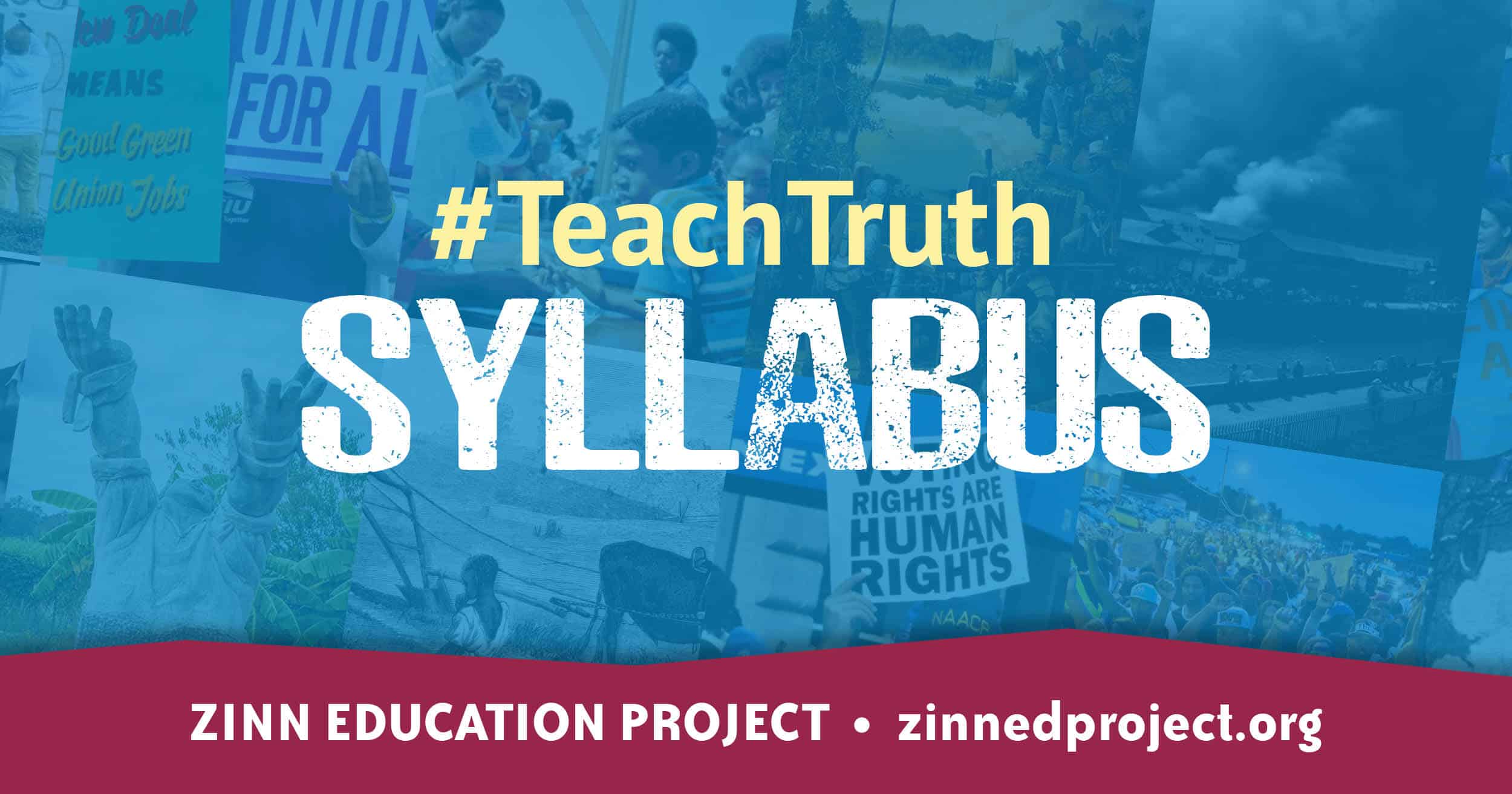
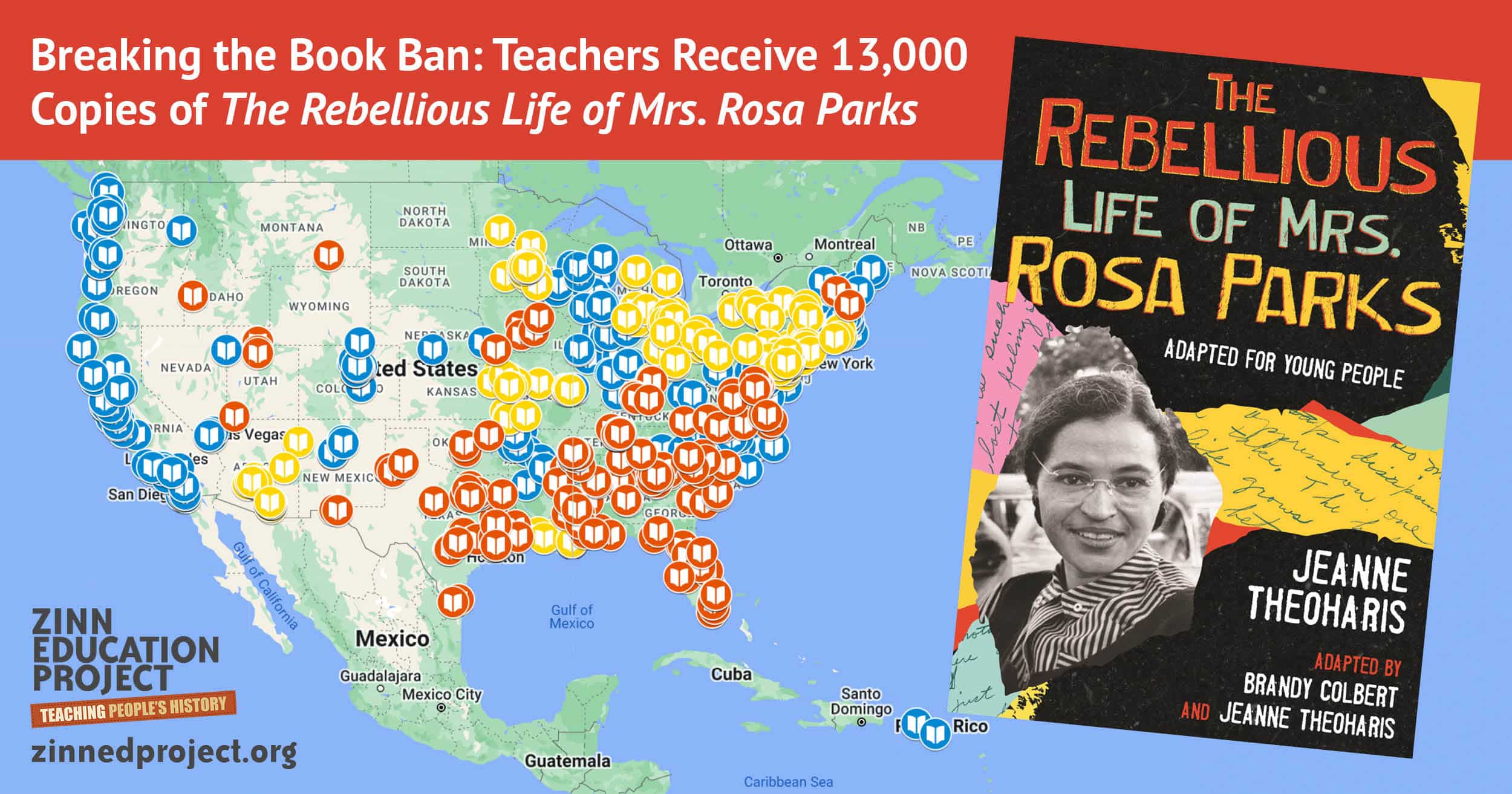





Twitter
Google plus
LinkedIn